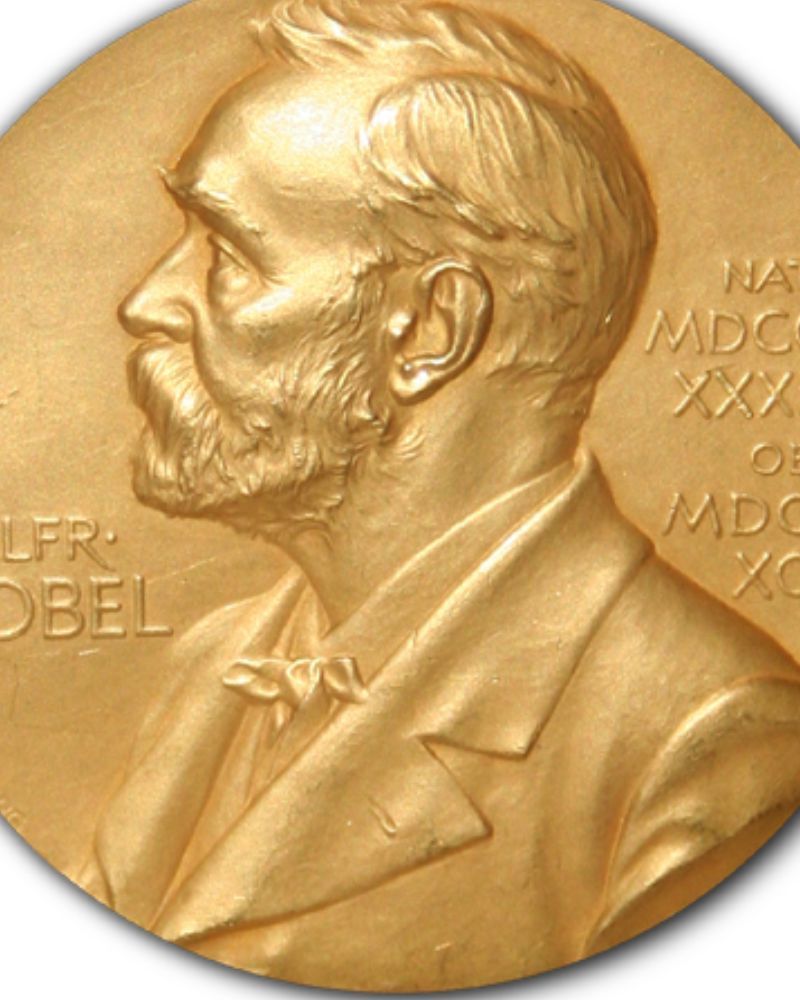Alfred Nobel: The Scientist Who Changed the World

Alfred Nobel is best known as the founder of the Nobel Prize, but his greatest scientific contributions were in chemistry and engineering. As the inventor of dynamite and other explosives, he revolutionized industries such as construction, mining, and warfare. Despite the destructive potential of his inventions, Nobel was a firm believer in using science for the benefit of humanity.
Early Life and Scientific Interests
Alfred Bernhard Nobel was born on October 21, 1833, in Stockholm, Sweden. His father, Immanuel Nobel, was an engineer and inventor, which exposed young Alfred to science and technology from an early age. Nobel had a strong interest in chemistry and explosives, leading him to study with some of the finest scientists in Europe.
Discovery of Dynamite
During the 19th century, nitroglycerin was a powerful but highly unstable explosive. Nobel sought to make it safer and more practical for industrial use. In 1867, he discovered that mixing nitroglycerin with diatomaceous earth created a stable and easily transportable explosive. He named this new substance dynamite, derived from the Greek word "dynamis," meaning power.
Dynamite was safer to handle than pure nitroglycerin and quickly became a valuable tool in construction, mining, and infrastructure projects such as railways, tunnels, and roads. However, it was also used in warfare, which troubled Nobel deeply.
Other Scientific Contributions
- Gelignite (1875): Nobel further improved explosives by inventing gelignite, a more stable and powerful alternative to dynamite.
- Ballistite (1887): He developed ballistite, a smokeless gunpowder, which was widely used in firearms and artillery.
- Over 350 Patents: Nobel held 355 patents across different scientific fields, including synthetic rubber, artificial silk, and chemical processes.
The Nobel Prize and His Legacy
In 1888, a French newspaper mistakenly published his obituary, calling him the “merchant of death” due to the destructive use of his inventions. Deeply affected by this, Nobel decided to leave behind a positive legacy.
In his will, he dedicated his fortune to establishing the Nobel Prizes, awarded for exceptional achievements in Physics, Chemistry, Medicine, Literature, and Peace. The first prizes were awarded in 1901, five years after his death in 1896.
Impact on the World
- Revolutionized Industry: His inventions made large-scale infrastructure projects possible.
- Military Influence: While Nobel hoped his inventions would deter war, they were used in military conflicts, raising ethical concerns.
- Nobel Prize: Today, the Nobel Prizes continue to recognize and encourage scientific, literary, and humanitarian excellence.
Alfred Nobel was a brilliant scientist and inventor who changed the world through his discoveries. Though his explosives had both constructive and destructive uses, his decision to establish the Nobel Prizes ensured that his name would forever be associated with scientific progress and global peace. His life reminds us that scientific innovations must be used responsibly for the betterment of humanity.